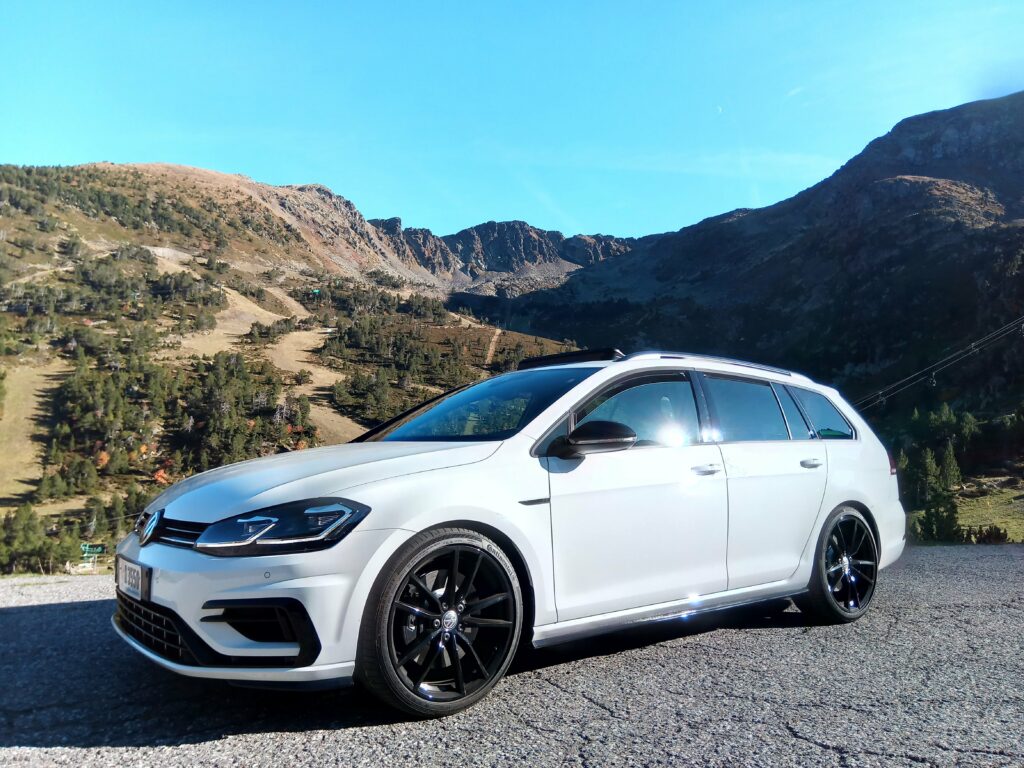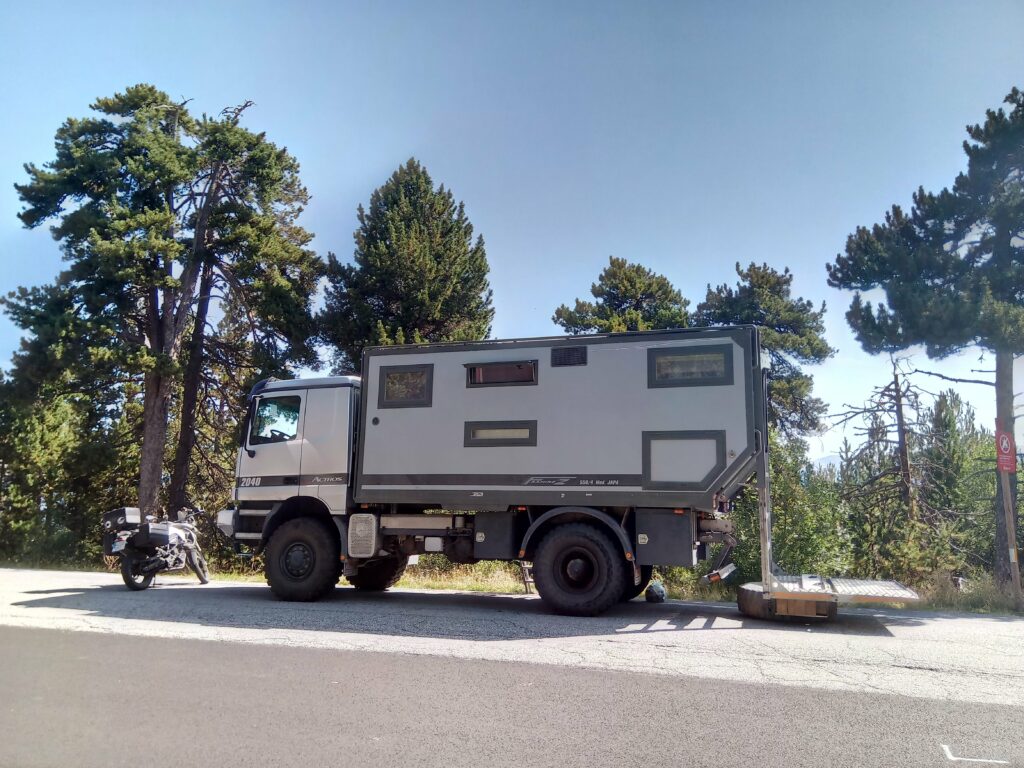If you’re to believe conventional wisdom, there seems to be 2 main paths to financial freedom — entrepreneurship or investing.
Theoretically you must choose between either:
- living on pasta and noodles for a decade on a risky journey to become a multi-millionaire entrepreneur, or
- continuing to work, socking away your savings month after month, putting those savings into every day investments like index funds, bonds and real estate.
I know many entrepreneurs who seem to thrive on risk. Similarly, I have plenty of friends who are happily working a 9-5 hoping to retire early in their mid-50’s.
Personally, I’m not comfortable with either route.
The month my son was born, I didn’t have a job, and my business had set a new record — $0 in revenue. I don’t want to sound dramatic, I wasn’t broke and we weren’t out on the street.
However I’m very uncomfortable with “no income”, and telling many of my entrepreneurial friends about this situation, it seems I’m not alone.
In this post I’ll explain the system I’m using to simultaneously:
- create safety,
- self-insure myself and my family,
- allow myself to take on more business risk, and
- take care of my family after I die.
Entrepreneurship or and Investing
Ask most people what they’d do if they won the lottery and retired young. After buying a yacht and blowing some of their winnings on other dumb things, they tend to consider starting a business or doing something philanthropic.
I came to this realisation for myself when forming clearer views around investing in websites. When discussing this topic with Dan from TropicalMBA, it came out of my mouth with clarity…
I always wanted to retire at 35. I’ve got a year to get that down. People say, “What would you do if you retire?” I’m like, “Oh, I’d ride bikes everyday. I’d work on some cars. That’s my dream life.” At the end of the day, I’m working on cars, aren’t I? I’d still end up writing, for sure. I couldn’t stop myself. I’d have to write…
Jase Rodley
That blog post was the beginning of a perspective that I now feel very strongly about — entrepreneurship and investing are one and the same.
Entrepreneurs invest time, energy and money (through actual investment, opportunity cost through lack of or lower salary, etc) into their business. The result is a saleable asset.
Investors have already traded time and energy for money, and then put that money into either existing assets or other people’s ideas that will theoretically become saleable assets in the future.
They are different paths, but the end result is very similar — you end up with assets that create freedom in your life.
Why Not Both?

As I write this, I’m 35 and responsible for a family. I’ve had some small business wins, but just as many failures too. I have savings and assets, but no life changing, multi-generational wealth.
It’s been a very long time since I’ve made a decision solely about myself. Since becoming a dad, I’ve come to appreciate how much I value stability in my family’s most basic needs.
While I want to really challenge myself in life and build some incredible things, there’s no getting around the fact that I have a family to support and rent to pay.
This is where I have come to recognise the value of multiple sources of income, and the risk that each source comes with.
Expense Clusters
This article is about making money, but let’s touch on expenses for a moment. Understanding your expenses is key to getting your personal finances in order.
Eating healthy home cooked meals might cost you $50 per week — this is a fixed expense. Maybe you can get that amount down to $35 by buying cheaper foods, but there’s a limit to how low this number can go.
Eating out for breakfast, lunch and dinner every day might cost $50, which adds up to $350 per week. This is a discretionary expense. You can save $300 straight away by cooking at home.
I have gained a lot from understanding my expenses. Everything my family and I spend money on today, and we want to spend money on in the future, is in a spreadsheet.
You’ll note I said “in future” there. I’m a big fan of Tim Ferris’ dreamlining exercise, which helps you to work out what your ideal lifestyle will cost on a monthly basis — your target monthly income.
All of these expenses are then categorised as either:
- fixed,
- discretionary, or
- dream.
I like to list the total annual expense cost, but there are no rules here. Monthly is better for some people.
Fixed Expenses
Your fixed expenses will include rent, electricity, heating, groceries, medical expenses, social security and other basic expenses.

If you’re making a list of expenses for yourself, it’s important that you’re honest about your living standards.
For example, you might be able to afford a $7.5k per month mortgage on an apartment right now, but unless you’re in a high cost city, if things got tough you can probably halve that amount by downsizing, or renting.
So while I class my wife’s car as a fixed expense as it’s the cheap one that we mainly use to get about in Winter. It wouldn’t be impossible to get by without it, but it’s a simple luxury that we consider the minimum.
Discretionary Expenses
Your discretionary expenses are for things like entertainment, new furniture, renting a larger place, sporting goods, travel and so on.
I like to keep this section sensible. These are luxuries, but in my view there’s a difference between 2 holidays per year, which are certainly discretionary expenses, and 6 months of first class flights while staying in 5 star hotels.
So where my wife’s practical car is a fixed expense, my car is borderline unnecessary and only used for thrashing about the mountains or road trips. It’s clearly a discretionary expense.

Dream Expenses
This is where you can go nuts.
I don’t want for too much so for me anything classed as a “dream expense” mostly involves classic cars, race cars, properties, more mountain bikes and high end travel.

Income Clusters
The reason why it’s important to “cluster” your expenses is to give consideration to their importance, and the risk that you want to attach to the income that funds it.
I know that if I cannot afford a Porsche 911 GT3 RS and fly business class to Mauritius every year, my family and I will be ok.
Compare that to not being able to heat our home during winter or eat a home cooked meal. It’s clear that this one would actually hurt.
Introduce being a dad, entrepreneur and breadwinner, and this becomes more obvious. Selling my time as consultant could pay our fixed expenses today, but if I die tomorrow, that income goes to $0.
“Fixed” Income
A misleading heading, this income isn’t necessarily fixed in that it’s the same each month, but the goal is for it to be “low risk” and somewhat “passive”.
Everyone considers risk differently, but for me, the greatest (and most likely!) risk is my death. This income cannot be attached to my effort, and it must persist long term — after I peace out of this life.
There are no limits here, but you can consider things such as:
- actual fixed income securities,
- bonds,
- dividend stocks,
- REITs, and
- real estate syndicates where you are only an investor.
Though no investment is truly passive, these are about as close to it as you can get and in my view give a solid foundation. The catch is, these yield much lower than other investments.
I consider this the purpose of my “freedom fund” — to cover fixed expenses first and foremost. This also serves as “insurance”, should I need to take time off of work due to an injury.
Discretionary Income
Discretionary expenses are less important, so this is an opportunity to consider sources of income with greater risk. If you are only beginning to become established financially, your discretionary income will probably come from a salary, or dividends from your business if it’s running well.
Your greater involvement assumes some risk — if you die, that income may disappear, or at least decrease while your significant other works out how to keep the wheels turning.
My “discretionary income” comes from my most stable lifestyle businesses, rank and rent websites.
I chose this business model as they don’t require much input once built. After my initial investment, they only take around an hour of my time each month in total.
If I die, in theory everything will keep chugging along, but I have to guess that after a year or two something would go wrong and my family would have to work it all out, but they are simple enough for them to do that with relative ease.
As a result, though our source of discretionary income has more risk attached than our fixed income.
This is why I’m passionate about building a holding company, which invests in digital assets such as content websites, and an operations company that takes care of them.
The last thing I want is a “last will and testament…and instructions on how to login to my domain registrar, WordPress hosting and affiliate network accounts”.
Though I’m actively involved today, ultimately my goal is to become redundant. This way my family can get great returns from income generating websites whether I’m around or not.

Dream Income
Like your dream expenses, this is where you can have fun.
If you can disconnect from your ego a little and accept that “I’ll be ok if I never buy the superyacht”, you can really consider what you’d do with your life if money didn’t matter.
I’m always weary of suggesting you should “follow your passion”, but when it comes to dream income, you can afford more risk.
If you think of your investments like a sport, when you’re winning by such a great lead towards the end of the game or race, you can afford to be more confident and take some “long shots”.
Your risk of ruin isn’t as great.
As long as your fixed and discretionary income stays separate, your dream income can be more volatile. Despite the volatility, you get to keep your hair, your family safe, and most of life’s luxuries.
You don’t need to be actively working for your dream income. If your earnings are much higher than your expenses, your dream income portfolio can incorporate private investments and venture capital opportunities.
Personal Finance for Entrepreneurs
As entrepreneurs we can sometimes focus too much on our company, and not enough on the rest of our life.
There is no one rule book for every entrepreneur to follow when it comes to investing. Once you do have the means though, it can make sense to “de-risk” by setting yourself and any family members up with multiple sources of income.
I personally get a lot of value out of considering the importance of expenses, and then linking those expense “clusters” to an income source.
Does this concept resonate with you? If it does, I encourage you to consider your minimum viable lifestyle, as it’s a way to consider how to simplify your life and potentially reduce both your fixed and discretionary expenses while remaining just as happy, if not happier.
Do you have a better approach? Please let me know by leaving a comment!

Leave a Reply